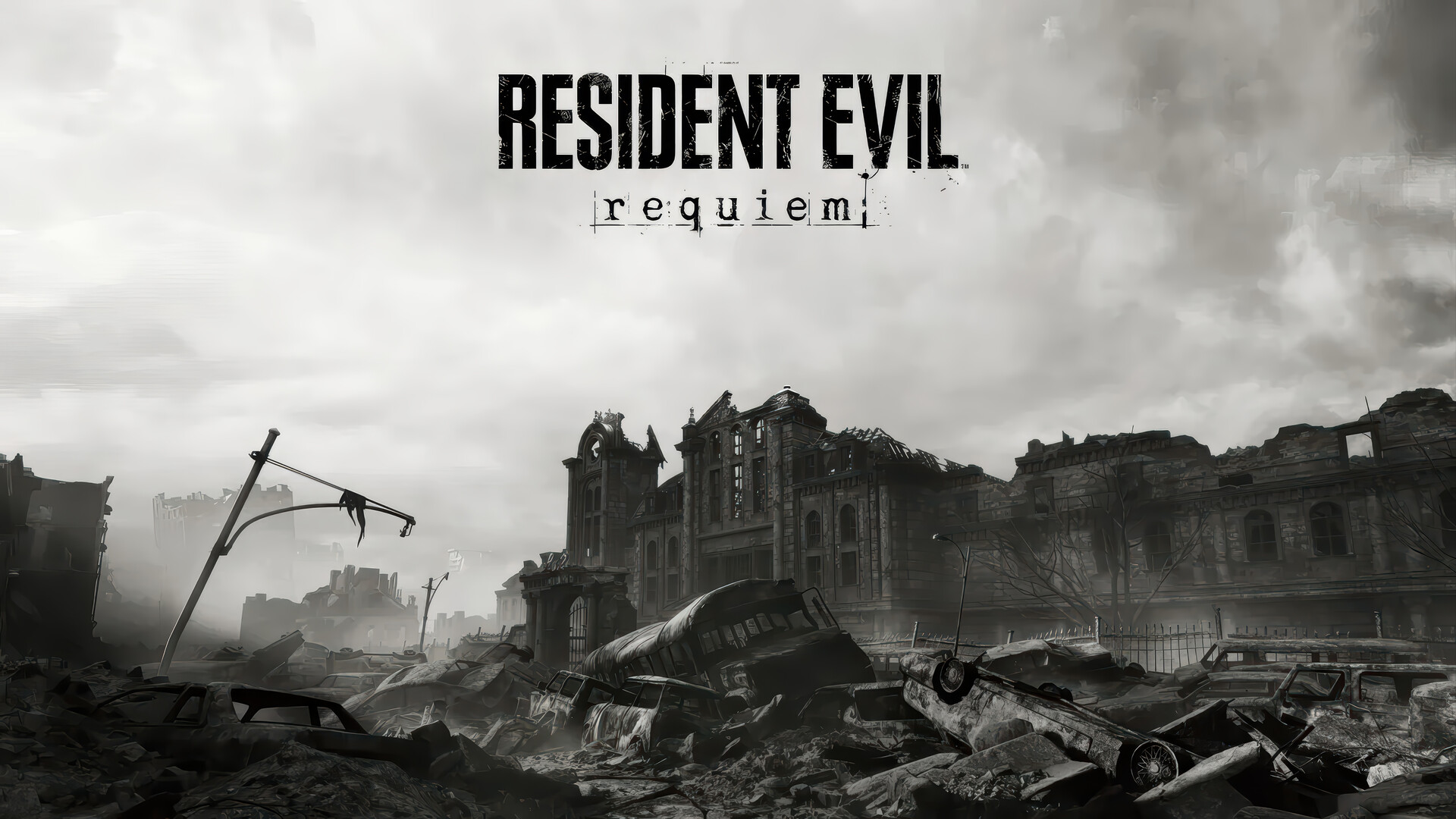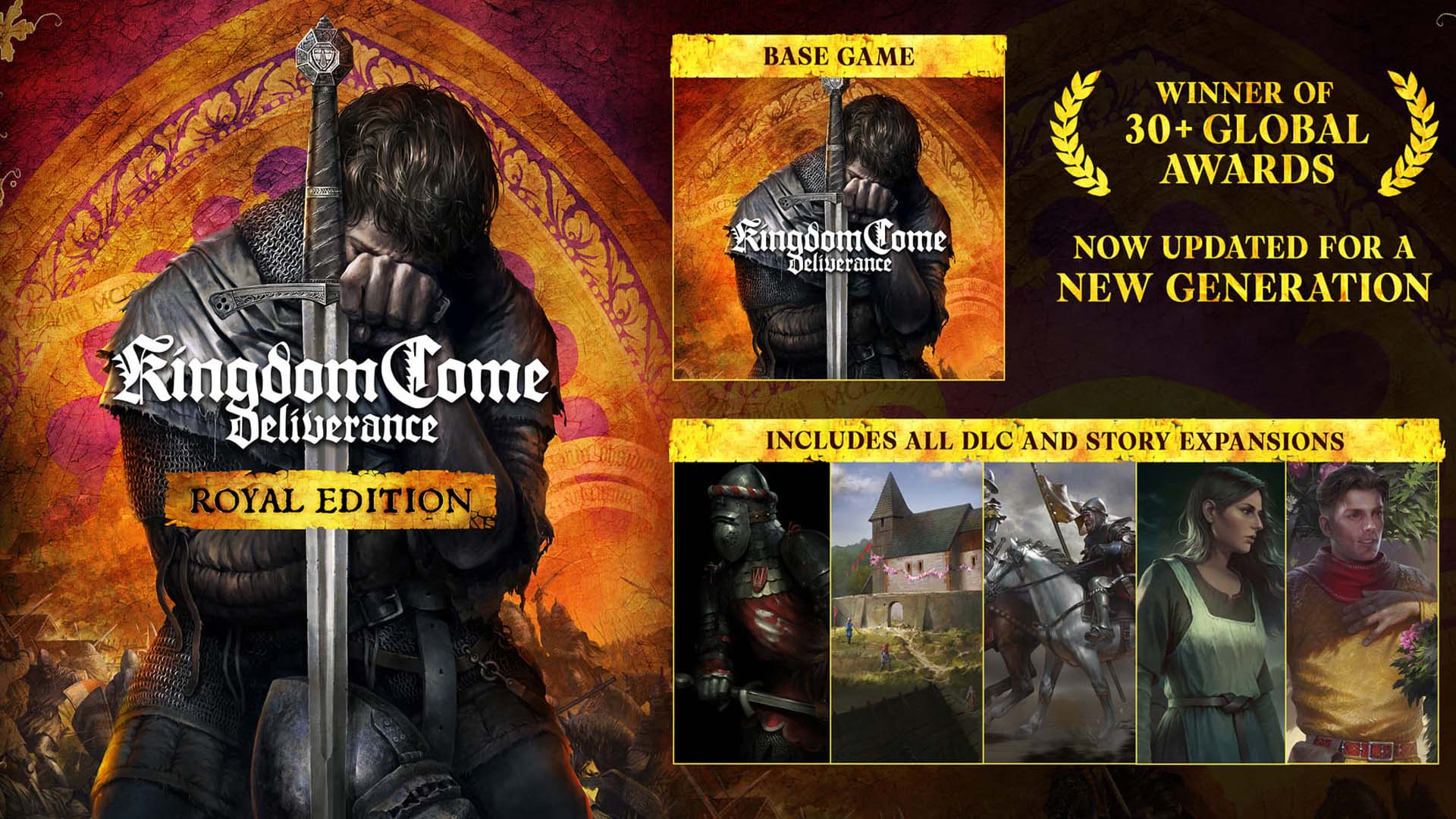Anno 117: Pax Romana redefines the saga with a dazzling historical setting and decisions that matter.
Take a look at these other reviews
- Review of Resident Evil Requiem – Returning to Raccoon City has never been so unsettling
- Review of Rayman 30th Anniversary Edition – A good tribute that could have aimed higher
- Review of Kingdom Come: Deliverance NextGen Update – The definitive return to medieval Bohemia
| Don't miss anything and follow us on Google News! |
It’s been over five years since the last Anno game, and the time jump that takes us to the Roman Empire is one of the most accurate decisions Ubisoft could have made. Anno 117: Pax Romana arrives ready to renew one of the most beloved strategy sagas, maintaining its depth, but with a more human, political, and personal tone.
From the first minutes, the game immerses you in a Rome that lives its fullness… and its contradiction. The so-called “Pax Romana” feels like a facade: the empire is calm, yes, but the tension between provinces, cultures, and ambitions is still very much alive. Anno 117 doesn’t just limit itself to building cities, but puts you in the skin of a Roman governor who must balance economy, power, and morality in an era of splendor and decay at the same time.
Technical Section
Visually, Anno 117: Pax Romana is one of the most beautiful titles in the genre. Ubisoft Mainz has taken its graphics engine to a new level, offering cities that breathe life, light, and detail. The animations of the citizens, the reflection of the sun on the water, the bustling markets, or the lavender fields of Latium compose a world full of nuances that can be enjoyed from both a panoramic view and maximum detail.
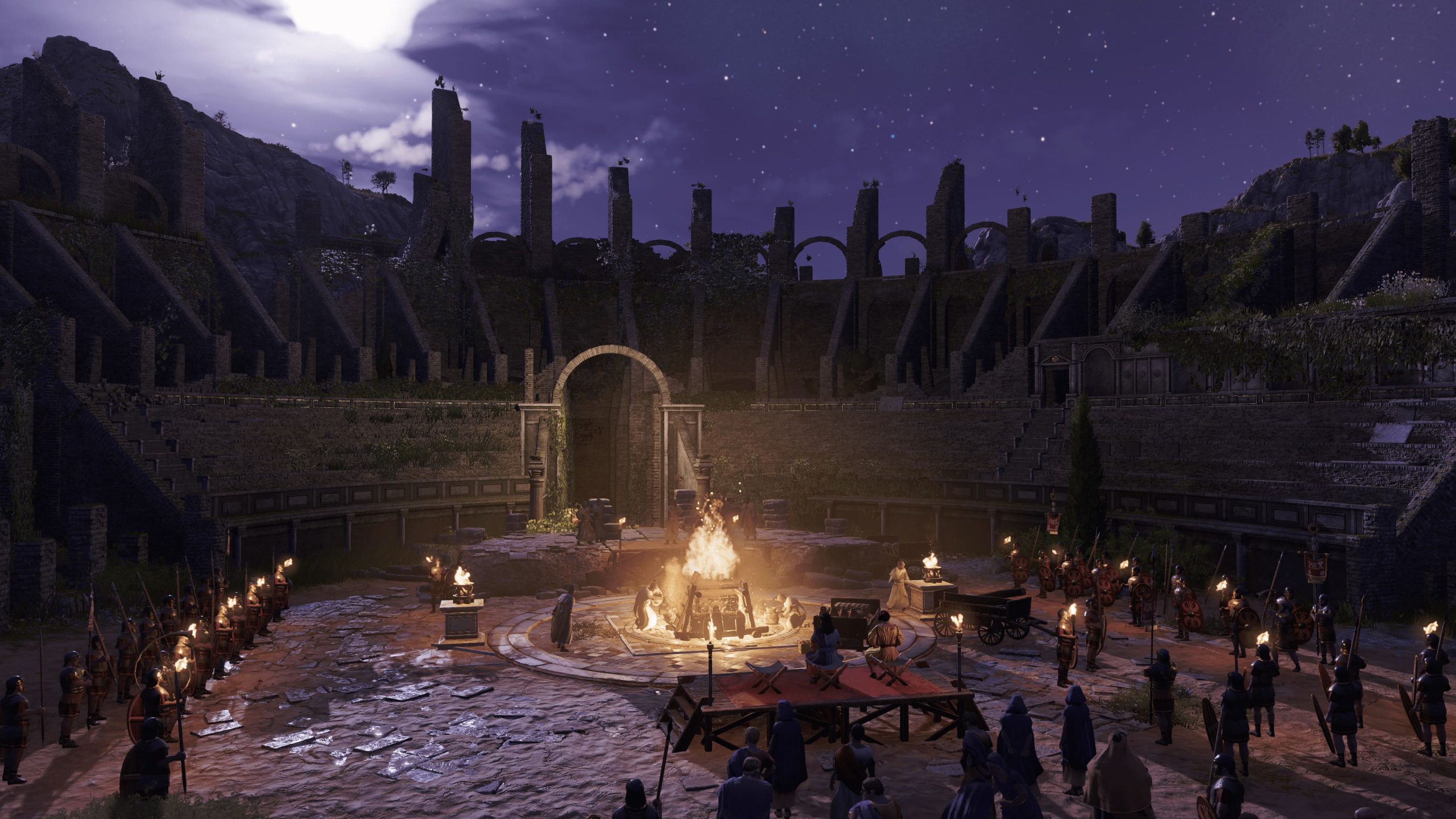
Performance is stable, with constant 60 frames per second and minimal loading times, even in the most advanced phases, where cities reach colossal dimensions. The drawing distance and visual clarity help maintain comfortable management even in the most populated scenarios. The control with the pad is also very intuitive and direct.
The sound design also deserves special mention. The Latin choirs, the melodies with period instruments, and the ambient effects (from the bustle of the markets to the sound of the waves on the coast) create a unique atmosphere. It’s a game that’s enjoyed as much with the eyes as with the ears, and perfectly conveys the spirit of Rome.
Each decision leaves a mark. The Empire flourishes or crumbles according to how you choose to govern
Gameplay
The heart of the game remains the same: building, trading, and expanding your power, but Anno 117 introduces new elements that completely transform the experience. The first thing you’ll do is choose your initial province, between the regions of Latium and Albion, two territories that represent the two faces of the Empire: the refined cradle of Rome and the wild lands of the Celts.
In Latium, everything exudes order and prosperity. Its coasts, villas, and Mediterranean surroundings facilitate economic and cultural development, but also imply dealing with the pressures of the Senate and the demands of the emperor. In contrast, Albion offers a harsher and more savage experience: a hostile environment, Celtic population, limited resources, and a challenge more focused on survival and cultural integration.
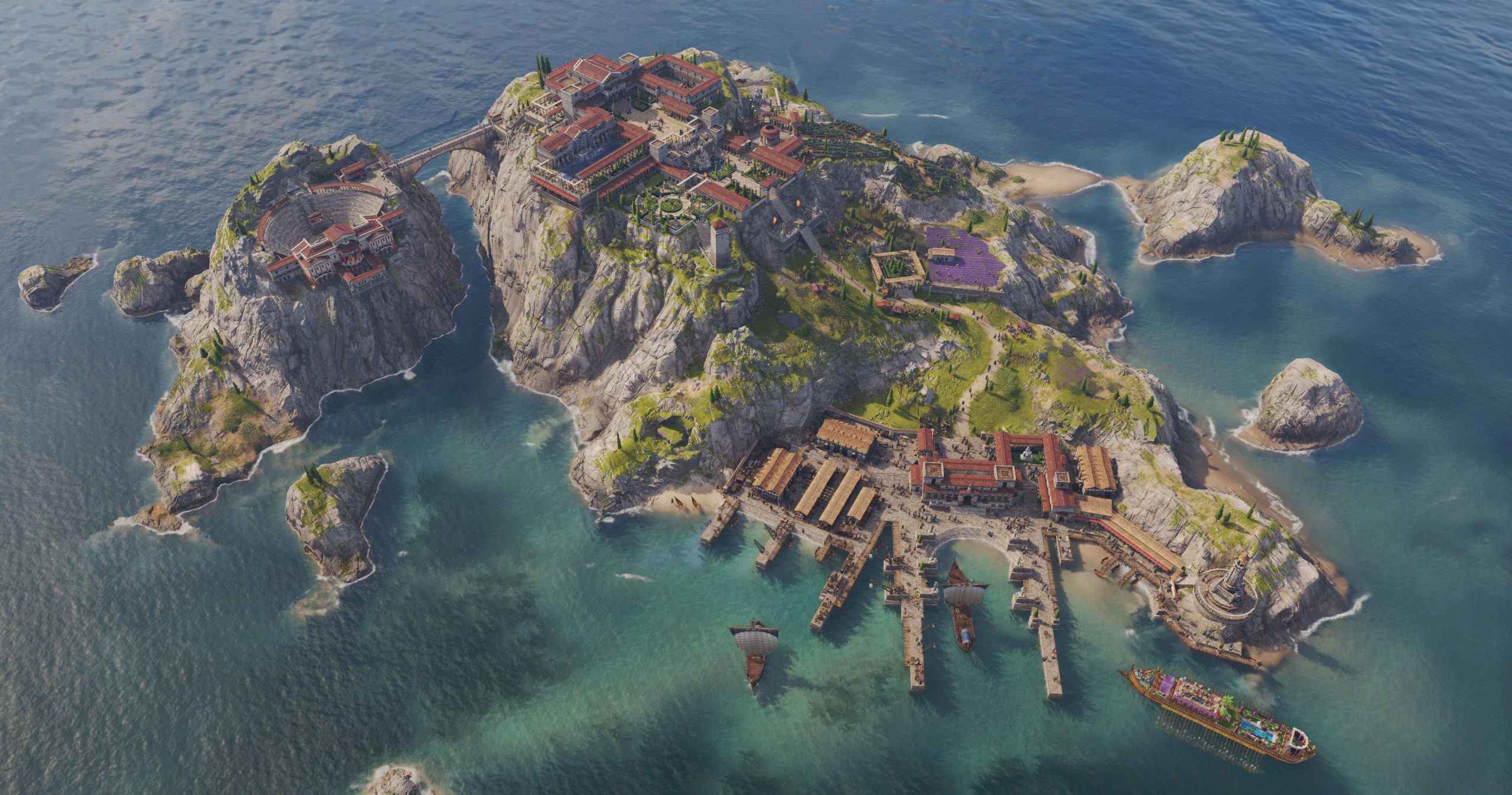
The game allows you to choose a governor, and with him, a different storyline. If you choose Marcus, you’ll face the doubts of a man who must prove his worth in a position he doesn’t feel prepared for. If you opt for Marcia, you’ll enter a story full of political intrigue and moral decisions, with the backdrop of her mysterious marriage and the struggle to maintain balance between duty and power.
Each choice affects the development of your province, both in terms of storyline and economy. The inhabitants react differently depending on your decisions: will you respect Celtic customs or impose Roman traditions? Will you allow religious diversity or centralize worship to a single deity? Each island can worship a different god, and those beliefs directly influence the productivity and mood of your people.
Additionally, Anno 117 introduces the concept of knowledge, a mechanic that adds a very interesting layer of depth. The construction of buildings like the Grammaticus, the Theater, or the Council of Aldermen generates knowledge points that serve to unlock advances in the discovery tree, expanding your diplomatic, technological, and military options.
The new factions also bring variety. The Mercators, of Roman roots, are ambitious traders who thrive in exchange routes, while the Smiths, proud Celts, stand out for their craftsmanship and resistance. Their demands for resources reflect their cultural differences: some seek bread and sausages, others beer and cheese. Small details like this give life to the world and reinforce the feeling of governing a complex society.
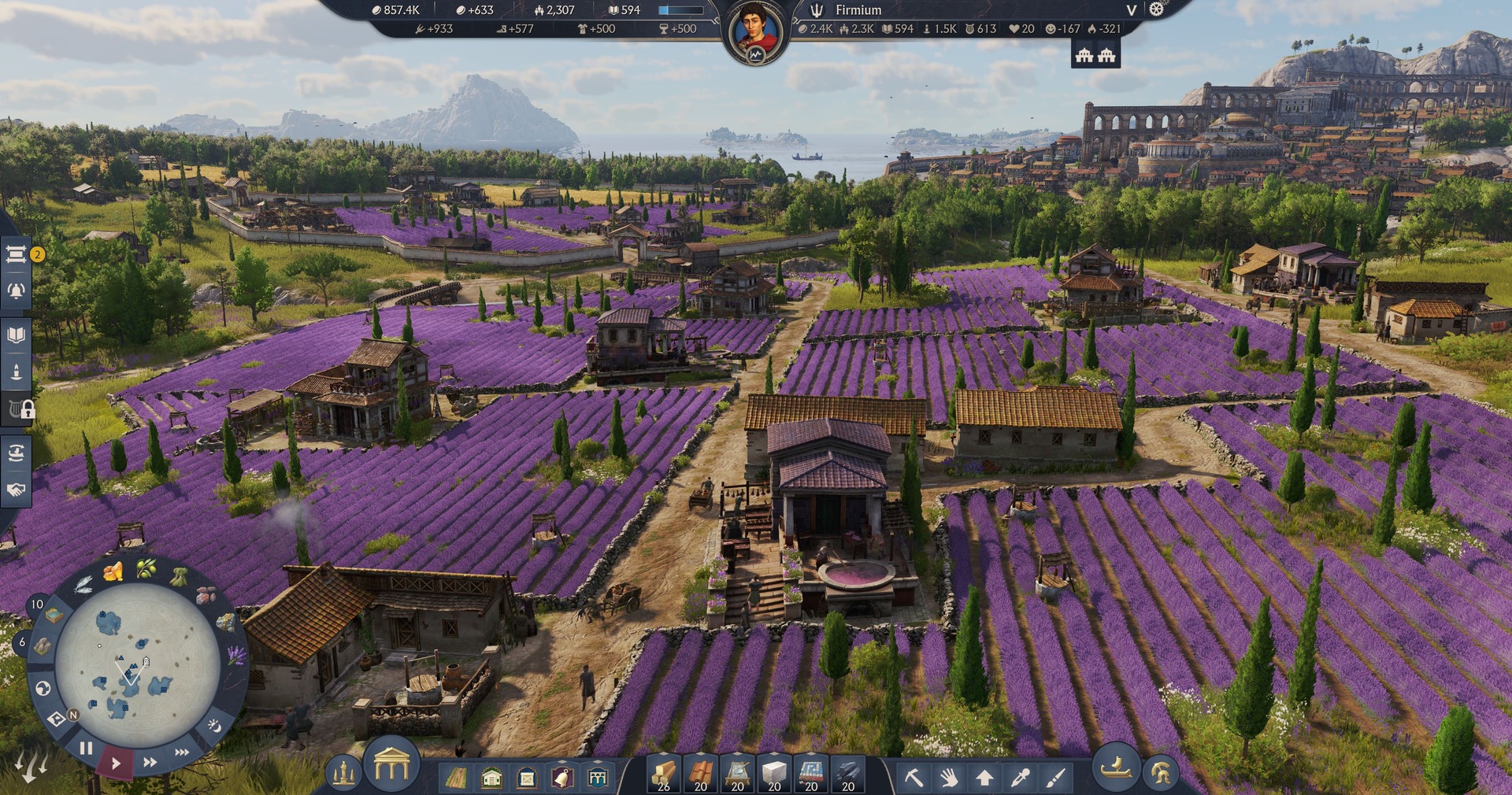
Diplomacy and politics are another pillar of this installment. You can forge alliances, negotiate treaties, or even challenge the emperor, but each move has consequences. Internal intrigues, power shifts, and rivalries between provinces are always present, making each decision a constant balancing act.
Anno 117: Pax Romana makes you feel the weight of Roman power in every decision you make
Duration
The story mode of Anno 117: Pax Romana offers between 7 and 15 hours of gameplay, depending on your style and the governor you choose. But that figure only accounts for the surface: the true value lies in its sandbox mode, which has no limits. Here, you can create your own Rome, expand without a script, and shape the empire to your liking.
The province system, variable map conditions, and moral decisions ensure that no game is the same as another. You can specialize in trade, diplomacy, or military force, and each approach offers different rewards. Additionally, the game invites you to experiment with the economy and urban planning, with an excellent balance between accessibility and depth for all types of players, so I recommend you don’t be afraid to try it.
Conclusion
The new installment is a natural and brilliant evolution of the saga, a title that understands its legacy but is not afraid to renew itself. Ubisoft Mainz has managed to combine the best of classic management with a rich and detailed historical setting, creating an experience that feels more alive and personal than ever.
The Roman setting is not just aesthetic; it defines every mechanic, every decision, and every conflict. From the markets of Latium to the swamps of Albion, the game conveys the duality of the Empire: civilization and barbarism, order and chaos, progress and repression. It’s a game that makes you feel the weight of governing, but also the pleasure of seeing a city flourish from scratch.
With Anno 117: Pax Romana, Ubisoft demonstrates that its management franchise is still in top form, more mature and elegant than ever. Whether it’s through its political decisions, economic depth, or ability to tell stories through urban design, this game consolidates itself as one of the best strategy experiences on Xbox and PC.
Rome rises again. And this time, the fate of the empire is in your hands.
We thank Ubisoft for the material provided to make this analysis possible.




